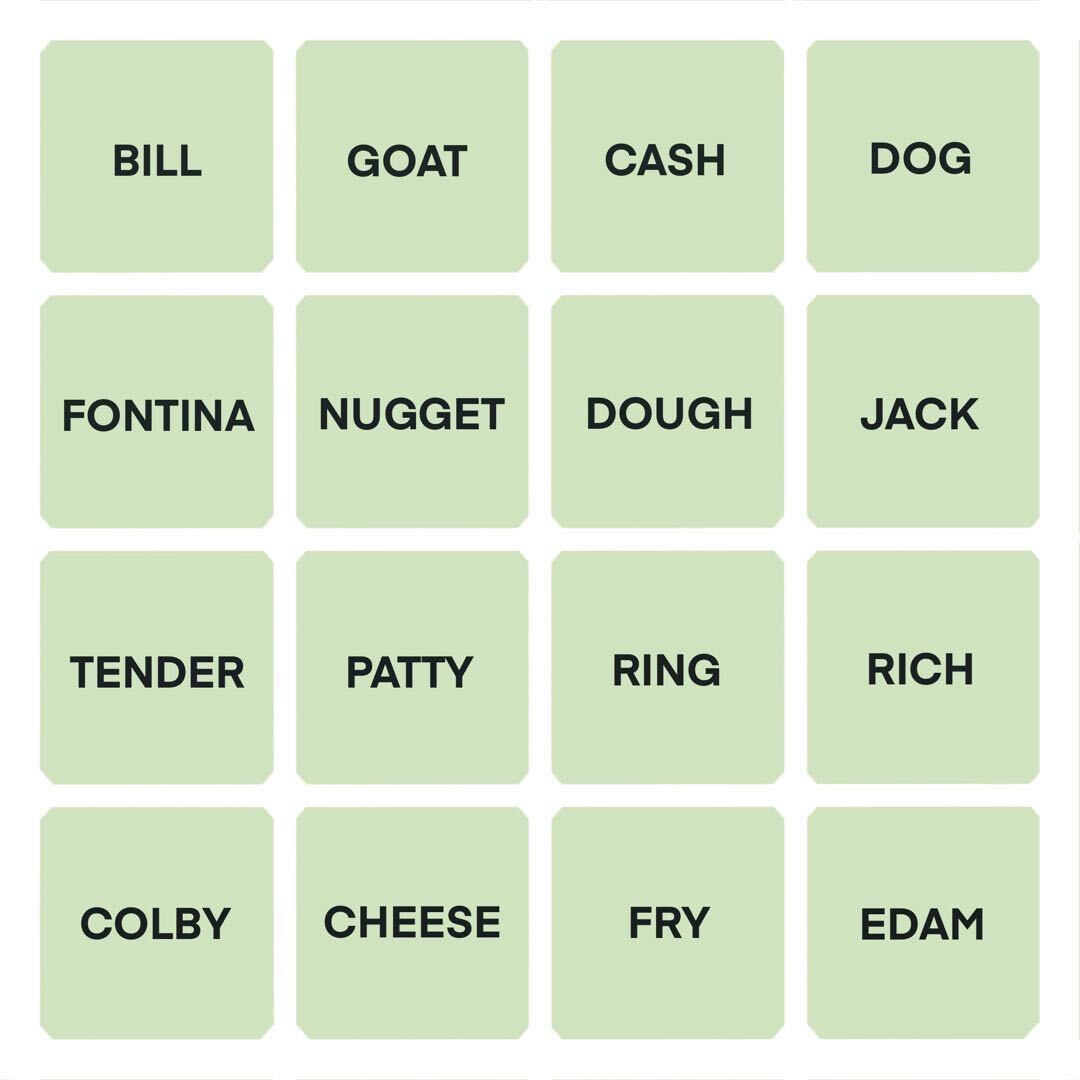If junior Ivan Sandler isn’t playing The New York Times’s “Wordle,” “Connections” or “The Mini” while his first-period math class takes notes, then that means he already completed the games and sent his time for completion to friends while getting ready for school.
In October 2021, the Times introduced Wordle, appealing to puzzle lovers and time-passers like Sandler through its simple design. Creator Josh Wardle said he wanted to make a game that didn’t separate the player and the game through a paywall or ads the way most other games do.
Instead, Wordle limits players to one go per day, inviting them to continue playing the game as a day-to-day habit. The game has become more than just a fad among those interested in exercising their brain, challenging their friends or procrastinating.
Junior Aditya Hiremath, who said he has solved over 1,200 NYT’s Mini Crosswords, said the game’s simple format and concept is its biggest appeal.
“There’s nothing overly complicated,” Hiremath said. “It is simple and easy to understand, and it is free, so it’s very easy for anyone to play and share it with anyone else.”
Sandler, who said he began playing Wordle a few months ago after his mom introduced him to it, said he also incorporated other trademark NYT games into his daily routine for their cognitive benefits.
“It’s turned into a good daily routine,” Sandler said. “It gets me started for the day and helps me think more critically in the mornings by waking up my brain.”
Hiremath also said the rise in popularity of such games is also largely attributable to their accessibility.
“Instead of needing a newspaper, you can search the (games) up immediately, or find infinite versions if you want to play more than once,” Hiremath said. “The digital version also gives you multiple tries and hints, which aren’t possible on paper and pen.”
Hints, such as revealed letters in The Mini Crossword, and score comparison to other players on various games are perks specific to online users.
Sandler, who used to complete paper crosswords, said he appreciates the digitalization of such puzzle games.
“Like everything else, crosswords are so much simpler digitally,” Sandler said. “Pen and paper puzzles and word games are last generation’s thing, and NYT-type games are our thing.”
Hiremath, who also plays other NYT games such as the crossword, The Mini, Connections and Spelling Bee, said they’ve helped him in school.
“Playing these games has improved my vocabulary and the speed at which I can think of synonyms for words in my writing,” Hiremath said. “In general, it has also improved my literacy.”
Sandler also said he uses NYT games as a way to connect with friends.
“I enjoy competing with my friends to see who can (solve puzzles) quicker or who gets (them) right,” Sandler said. “They recently added a leaderboard section, so now we can all see how our scores compare.”
Junior Svina Narang said similar to other computer games, these online puzzles can be distracting.
“They are not very time-consuming so they don’t cause too much harm, but it’s true that I sometimes play them when I should probably be working,” Narang said.
Sandler, though, said playing NYT games during class regularly hinders his productivity.
“Typically, I play them first thing in the morning, so before class, but I sometimes play with my friends during math and that can be a big distraction,” Sandler said.
Teacher Sarah Brankis said she often notices students distracted by such games but said she thinks they can be used positively.
“They are not appropriate in the middle of the lesson, but they are appropriate during breaks,” Brankis said. “I have had a couple of algebra classes where, during the middle of a brain break, we’ll all work together to solve the Wordle.”
Although Brankis said she wishes students would focus more on math during class, she said she still appreciates these word games for their ability to bring people together.
“It contributes to a better community culture,” Brankis said. “One of my aides and I will chat about it on occasion. When I see students distracted by these games, I try to combat it with humor because I’m never truly angry since I get it — the games are fun.”
Sandler also said NYT games differ from the traditional computer games they replaced for him.
“I wouldn’t put games like Wordle in the same category as video games because I see them more as puzzles,” Sandler said. “Most computer games don’t require any critical thinking, but the NYT games are like puzzles (that) use your brain more complexly.”
And overall, Hiremath said the increase in popularity of word games has positively benefited students.
“Sure they can be distracting, but compared to pointless computer games, at least they stimulate your brain and can be a means for conversation among friends.”


